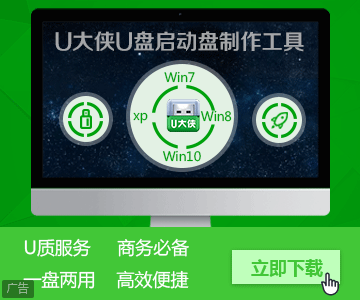
plc控制系统外文文献,Introduction to PLC Control Systems
时间:2024-12-14 来源:网络 人气:
Introduction to PLC Control Systems
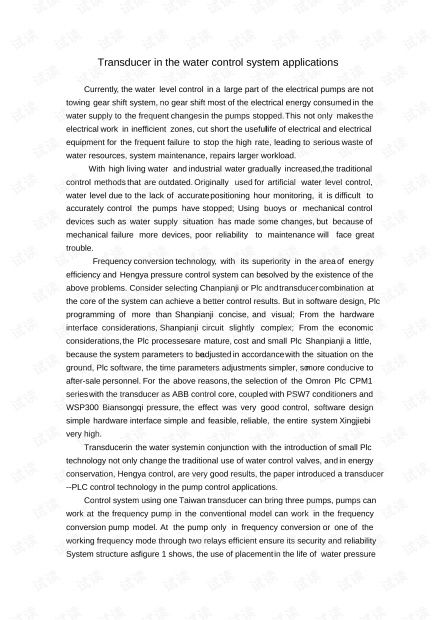
Programmable Logic Controllers (PLCs) have become an integral part of modern industrial automation. This article aims to provide an overview of PLC control systems, their significance, and the latest advancements in this field. By understanding the basics of PLCs, readers can appreciate their role in enhancing productivity, safety, and efficiency in various industrial applications.
Understanding PLCs
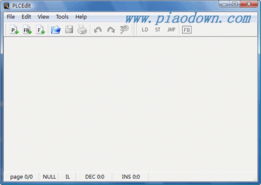
PLCs are digital computers designed for industrial applications. They are programmed to control various processes and machinery in manufacturing environments. Unlike traditional controllers, PLCs are reprogrammable, allowing them to adapt to changing requirements and configurations. The core components of a PLC include input/output modules, a central processing unit (CPU), and a programming interface.
Functionality of PLC Control Systems

PLCs operate based on a set of instructions or programs that are written in a specialized programming language. These instructions are executed by the CPU, which processes input signals from sensors and actuators, and generates output signals to control machinery and processes. The following are some key functionalities of PLC control systems:
Input/Output (I/O) Management: PLCs receive input signals from sensors and transmitters, and send output signals to actuators and control devices.
Process Control: PLCs can control various processes, such as temperature, pressure, flow, and level, by adjusting the output signals to maintain desired setpoints.
Sequence Control: PLCs can execute complex sequences of operations, such as start-up, shutdown, and safety interlocks, to ensure the safe and efficient operation of machinery.
Communication: PLCs can communicate with other devices and systems, such as Human-Machine Interfaces (HMIs), Supervisory Control and Data Acquisition (SCADA) systems, and other PLCs, to facilitate data exchange and control coordination.
Advantages of PLC Control Systems
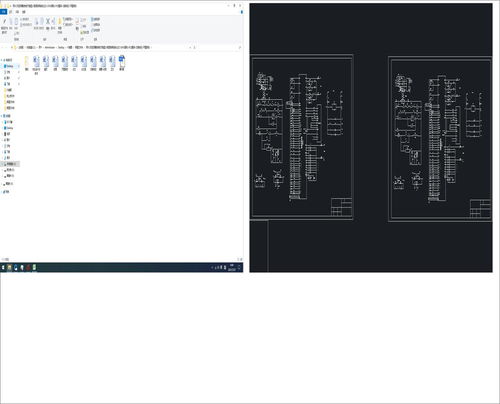
PLCs offer several advantages over traditional control systems, making them a preferred choice for industrial automation:
Flexibility: PLCs can be easily reprogrammed to adapt to changing requirements, reducing the need for hardware modifications.
Reliability: PLCs are designed for harsh industrial environments, with robust hardware and software features that ensure reliable operation.
Scalability: PLCs can be expanded to accommodate additional I/O modules and communication interfaces, making them suitable for a wide range of applications.
Cost-Effective: PLCs can reduce the overall cost of control systems by replacing multiple devices with a single, integrated solution.
Latest Advancements in PLC Control Systems

The field of PLC control systems is continuously evolving, with new technologies and features being introduced to enhance performance and functionality. Some of the latest advancements include:
Fieldbus Technology: Fieldbus technology allows for the communication between PLCs and other devices over a shared network, reducing wiring costs and improving system flexibility.
Programmable Automation Controllers (PACs): PACs are a newer class of PLCs that combine the functionalities of PLCs and Distributed Control Systems (DCSs), offering a more comprehensive solution for industrial automation.
Machine Vision Integration: PLCs are increasingly being integrated with machine vision systems to enable advanced process control and quality inspection.
Cloud-Based Solutions: Cloud-based PLC control systems provide remote monitoring, diagnostics, and maintenance capabilities, enhancing system availability and reducing downtime.
Conclusion
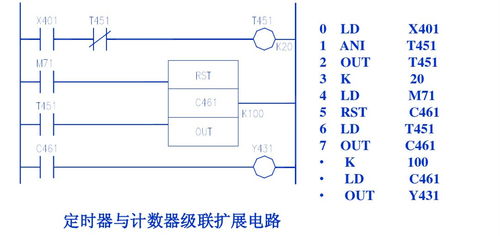
PLCs have revolutionized the field of industrial automation, offering a flexible, reliable, and cost-effective solution for controlling various processes and machinery. As technology continues to advance, PLC control systems will undoubtedly play an even more significant role in shaping the future of industrial automation.
Tags
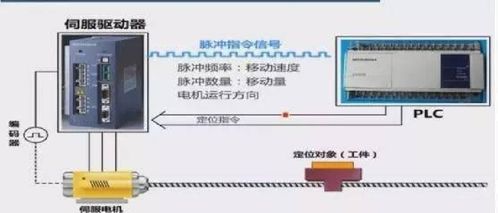
PLC Control Systems, Industrial Automation, Programmable Logic Controllers, Fieldbus Technology, Machine Vision Integration
相关推荐
教程资讯
教程资讯排行
